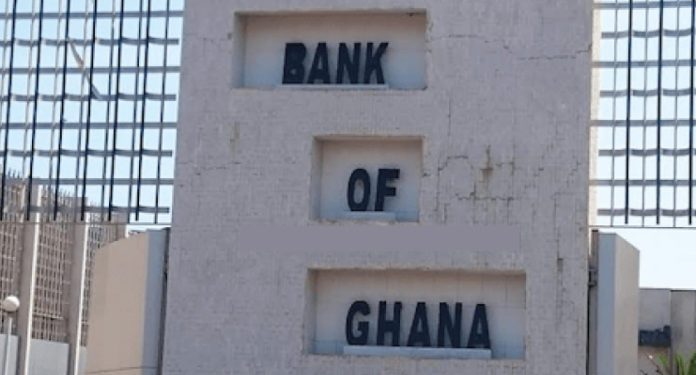Governor of the Central Bank, Dr Ernest Addison, has said the impact of the Covid-19 pandemic on the country’s banking sector last year was moderate as banks remained liquid, profitable and well-capitalized.
The resilience of the banking sector to the pandemic throughout last year with robust growth in total assets, deposits and investments according to the Governor, was aided by strong policy support and regulatory reliefs.
Total assets of banks as pointed out in the Bank of Ghana’s (BoG) 98th Monetary Policy Committee (MPC) press statement, increased by 15.8 per cent, of which investments in government bonds rose by 33.4 percent.
Banks in 2020 provided support and reliefs in the form of loan restructuring and loan repayment moratoria to cushion some 16,694 customers severely impacted by the pandemic.
Total outstanding loans restructured by banks as at December 2020 amounted to Ghs 4.47 billion, representing some 9.4 percent of industry loan portfolio. Non-Performing Loans (NPL) ratio increased from 14.3 percent in December 2019 to 15.7 percent in June 2020 arising from the pandemic-induced repayment challenges, but however, declined to 14.8 per cent in December 2020 due to loan write-offs.
Loan loss provisions of banks grew by 28.0 per cent, higher than the 23.6 percent recorded for 2019 reflecting elevated credit risks in 2020.
Bank’s profit before tax increased by 27.2 per cent to Ghs 6.1 billion compared to the 34.7 percent recorded a year ago with solvency and liquidity indicators also remaining strong.
The banking industry’s Capital Adequacy Ration (CAR) of 19.8 percent as at end December 2020 was also well above the regulatory minimum threshold of 10 per cent.
The MPC for the sixth time in a row, maintained the Central Bank’s prime rate at 14.5 per cent, citing “balance of risks to inflation and growth” as the reason.








